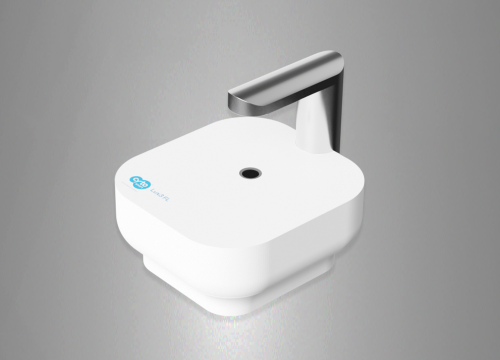Authors: Pantazi P, Carollo E, Carter DRF, Brooks SA.
Acta Histochemica Volume 122, Issue 8, 2020
While metastasis – the spread of cancer from the primary location to distant sites in the body – remains the principle cause of cancer death, it is incompletely understood. It is a complex process, requiring the metastati-cally successful cancer cell to negotiate a formidable series of interconnected steps, which are described in this paper. For each step, we review the range of in vitro assays that may be used to study them. We also provide a range of detailed, step-by-step protocols that can be undertaken in most modestly-equipped laboratories, including methods for converting qualitative observations into quantitative data for analysis. Assays include: (1) a gelatin degradation assay to study the ability of endothelial cells to degrade extracellular matrix during tumour angiogenesis; (2) the morphological characterisation of cells undergoing epithelial-mesenchymal transition (EMT) as they acquire motility; (3) a ‘scratch’ or ‘wound-healing’ assay to study cancer cell migration; (4) a transwell assay to study cancer cell invasion through extracellular matrix; and (5) a static adhesion assay to examine cancer cell interactions with, and adhesion to, endothelial monolayers. This toolkit of protocols will enable researchers who are interested in metastasis to begin to focus on defined aspects of the process. It is only by further understanding this complex, fascinating and clinically relevant series of events that we may ultimately devise ways of better treating, or even preventing, cancer metastasis. The assays may also be of more broad interest to researchers interested in studying aspects of cellular behaviour in relation to other developmental and disease processes
